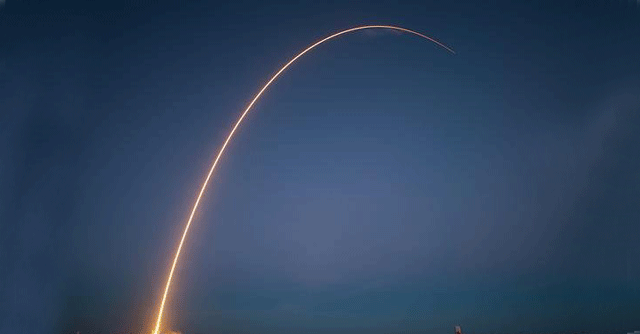
SpaceX adds more satellites to its global internet network plan


US-based space launch services provider, SpaceX, confirmed the launch of 51 new satellites for its planned constellation of Starlink satellite internet service. The launch, which took place earlier today, brought up the total number of deployed Starlink satellites up to over 3,000, according to reports. Additionally, SpaceX also achieved a milestone of completing 40 space launch missions in this year alone — a new record for the private space operator.
SpaceX’s Starlink satellite internet service uses low-Earth orbit (LEO) satellites, which are deployed closer to Earth than traditional broadband internet satellites. While SpaceX has already deployed over 3,000 satellites in its constellation, the company eventually plans to put over 12,000 satellites in orbit to offer satellite internet connectivity across the world.
Starlink internet services, on this note, have already begun across various parts of the world — although they are yet to commence in India. The company had run into a regulatory hurdle with India's Department of Telecommunications for accepting preoders for its satellite internet service without prior ministry approval — and in January 2022, announced that all preorders for the service in India would be refunded.

Alongside its own satellites, SpaceX also carried a ‘space tug’ manufactured by US-based space operations company, Spaceflight. A space tug is akin to a short-distance bus, which can travel between orbits using its own propulsion system. Such instruments help satellite manufacturers make lower cost satellites that do not require their own propulsion units, and help deploying satellites in various orbits, as intended.
The space tug deployed in this mission by SpaceX, called the Spaceflight Sherpa-LTC2, carried a demonstrator instrument by US aviation corporation Boeing. The latter’s instrument will seek to test a new broadband internet service through "a constellation of 147 non-geostationary satellites", Boeing said in a statement.
Similar products have also been planned by Indian startups. For instance, private startup Bellatrix Aerospace plans to deploy a similar space tug that would enable orbital transfer of satellites to make satellite deployments faster and more affordable. While SpaceX has normalised the use of reusable rockets for satellite launches, Indian startups Agnikul Cosmos and Skyroot Aerospace seek faster turnaround times for frequent launches — once their services begin from next year.

